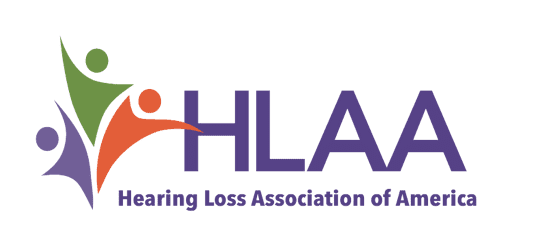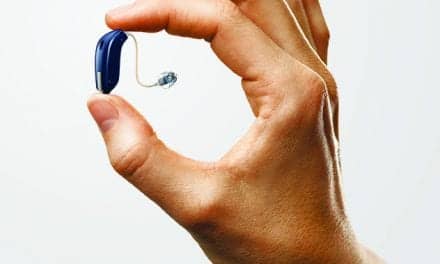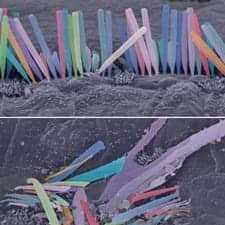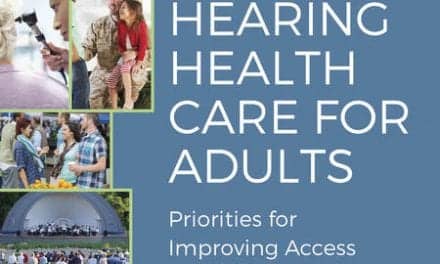The Hearing Loss Association of America (HLAA) announced that it filed comments to the Food and Drug Administration (FDA) on its proposed rule establishing Over-the-Counter (OTC) hearing aids. Once finalized by the FDA, consumers 18 and older with mild-to- moderate hearing loss will be able to purchase hearing aids at retail and online outlets.
HLAA and organizations that signed onto these comments recommended the FDA require labeling both outside and inside the package informing consumers when a smartphone or other technology is needed to set up and use the OTC hearing aid. HLAA and the organizations also recommended the FDA require labeling that informed consumers about OTC hearing aid compatibility with wireless phones and audio connectivity options such as telecoil or Bluetooth. HLAA and other signatories also asked the FDA to require a free 45-day trial period for purchasers to receive a full refund if the OTC hearing aid does not meet their needs.
Other issues in the comment letter addressed the classification of self-fitting hearing aids and the importance of usability without professional intervention. HLAA and the organizations also noted the need to pay particular attention to the needs of two populations that stand to gain from OTC hearing aids: underrepresented minorities (low income and people of color) and older Americans.
The proposed rule built on the work of the President’s Council of Advisors on Science and Technology (PCAST) and the National Academies of Sciences, Engineering, and Medicine (NASEM). HLAA provided critical input to the PCAST and NASEM reports and was a visible presence to Congress as it considered and passed legislation authorizing the FDA to create this class of OTC hearing aid, according to its announcement.
Other organizations that signed the comment letter are:
- Association of Late-Deafened Adults, Inc (ALDA)
- American Deafness and Rehabilitation Association (ADARA)
- American Council of the Blind (ACB)
- American Tinnitus Association (ATA)
- Cerebral Palsy and Deaf Organization (CPADO)
- Communication Service for the Deaf, Inc (CSD)
- Deaf In Government (DIG)
- National Association of the Deaf (NAD)
- Northern Virginia Resource Center for Deaf and Hard of Hearing Persons (NVRC)
- Rehabilitation Engineering Research Center on Technology for the Deaf and Hard of Hearing (DHH-RERC)
- Telecommunications for the Deaf and Hard of Hearing (TDI)
For more details, see the full comment letter.
Source: HLAA





